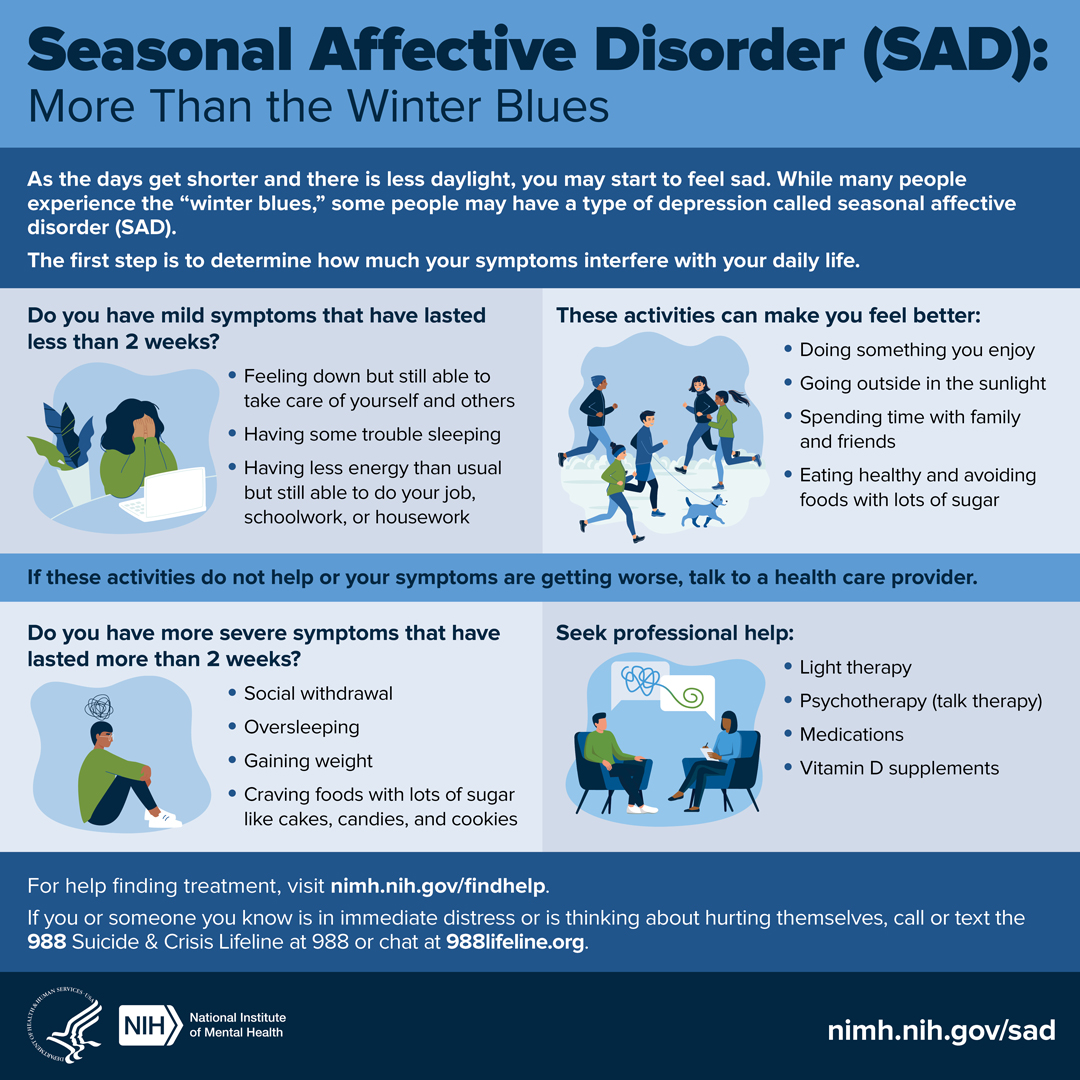Affective Disorder: Causes, Types, Symptoms, and Treatment Options
What is Affective Disorder?
Affective disorder, commonly referred to as mood disorder, encompasses a wide range of mental health conditions characterized by persistent changes in emotional experience, significantly impacting an individual’s mood and quality of life. These disorders disrupt emotional balance, making it challenging for individuals to manage daily situations and maintain healthy relationships.
Defining Affective Disorders: A Blend of Emotions
Affective disorders can manifest in various forms, including depressive disorders, bipolar disorder, anxiety disorders, and others. To better understand these complex conditions, we’ll explore what drives them. These disorders represent a turbulent flight through emotional landscapes, often leading individuals to struggle with stress, joy, and anxiety in ways that feel uncontrollable.
Subtypes of Affective Disorders: Key Characteristics
- Major Depressive Disorder (MDD): Episodes of profound sadness and mood changes that make daily tasks challenging.
- Bipolar Disorder: Alternating episodes of intense highs (mania) and lows (depression), requiring tailored treatment approaches.
- Anxiety Disorders: Affect emotional sensitivity and perceived threats, often tied to cognitive distortions.
- Dysthymia: Periods of low mood that hinder functioning.
How to Cope with Affective Disorders
It’s essential to realize that managing affective disorders involves both medical care and therapeutic approaches. Comprehensive care can help individuals regain control through:
- Medications: Targeted therapies that adjust mood-regulating chemical imbalances.
- Psychotherapy: Developing effective thinking strategies and personal adaptations to foster better emotional management.
- Healthy Lifestyle Practices: These include establishing routines, engaging in physical activity, prioritizing quality sleep, and fostering supportive relationships.
Integrating Tools for Anxiety and ADHD Support with GoblinX
For those looking for further support, GoblinX offers various tools designed for anxiety and ADHD support, helping individuals navigate their emotional landscapes more effectively.
The Future of Affective Disorder
Emerging advancements in neuroscience and therapy aim to enhance diagnostic accuracy and treatment effectiveness, offering hope for managing these conditions more successfully. As we integrate insights from research and practice, a path toward meaningful change in perspective and care is within reach.

Expanded Overview and Historical Context
Affective disorders have a long history of study, evolving from ancient understandings of conditions like melancholia to the comprehensive frameworks of today. The modern era has seen significant breakthroughs, including treatments such as ECT and antidepressants, enhancing patient outcomes.
Understanding the Complexity of Affective Disorders
Affective disorders are characterized by a range of symptoms affecting quality of life, influenced by genetic, environmental, and psychological factors.
Key Takeaways
- The history of affective disorders highlights significant contributions from various researchers.
- Understanding these disorders requires a multifaceted approach.
- Emerging trends in research promise new avenues for treatment and prevention.
To learn more about managing bipolar or dysthymia issues, explore the resources available through GoblinX.